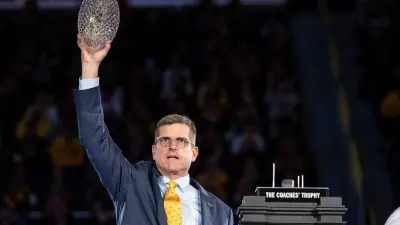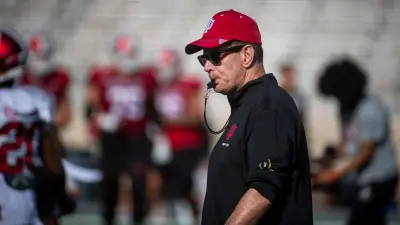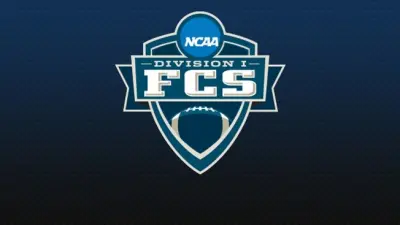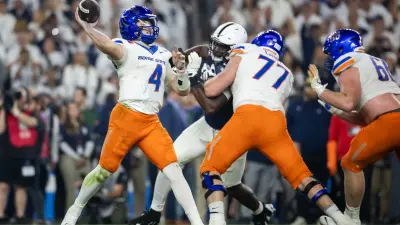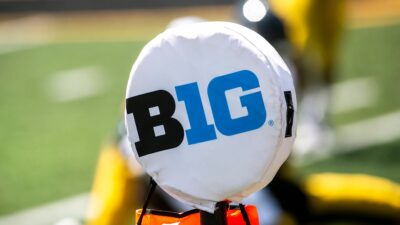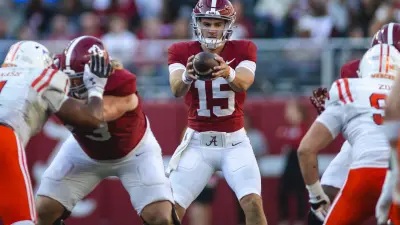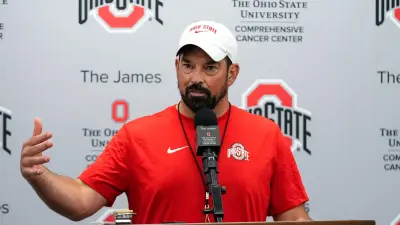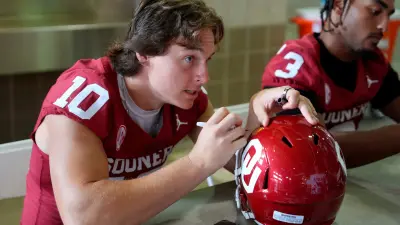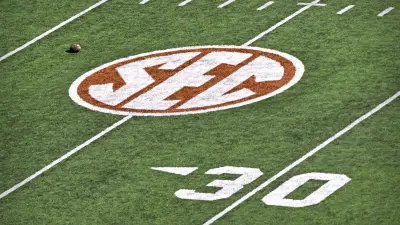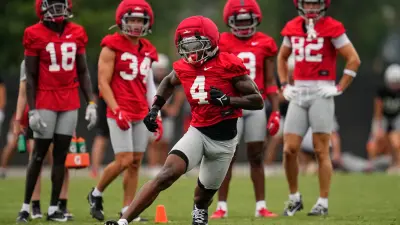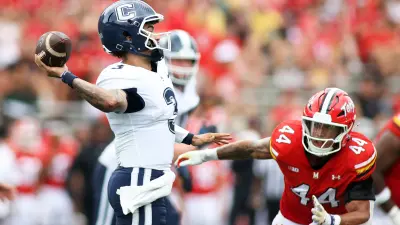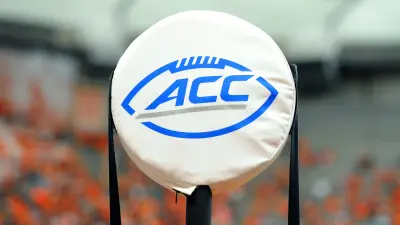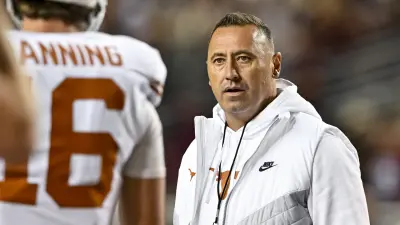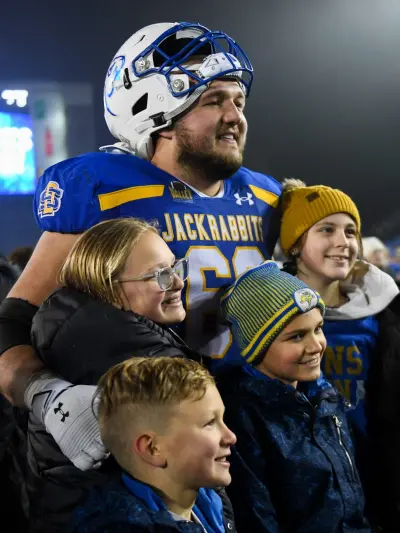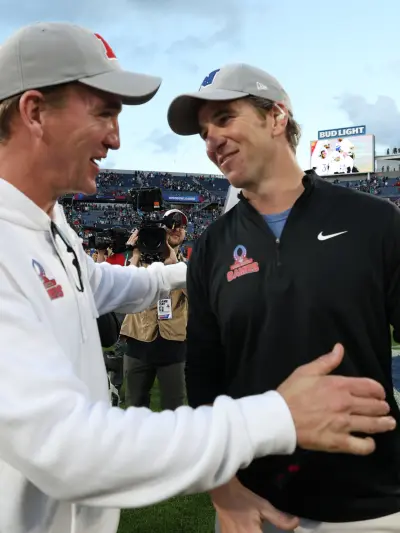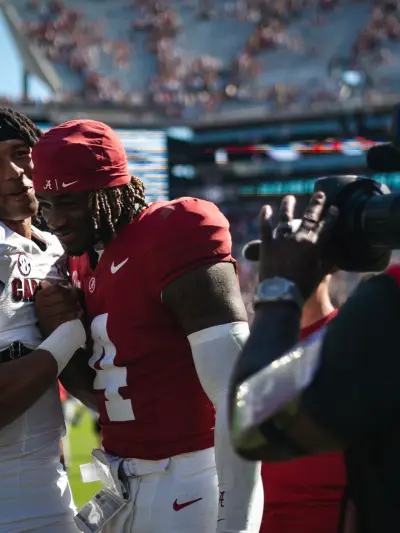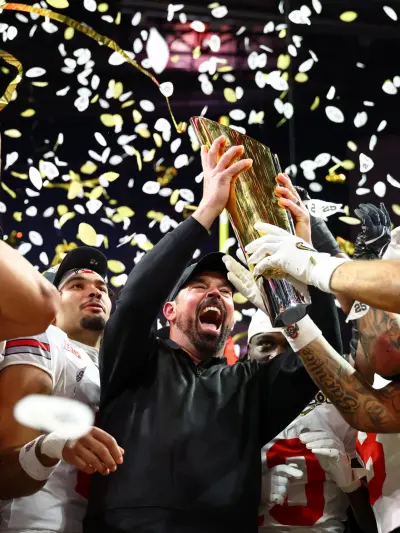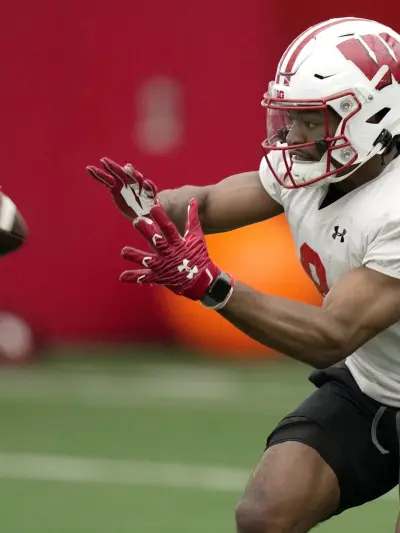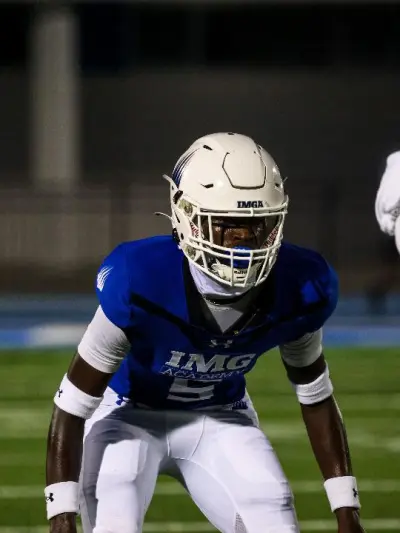The NCAA’s decision to impose a 10-year show-cause penalty on former coach Jim Harbaugh reflects the ongoing scrutiny over his tenure at Michigan, tied to a sign-stealing scandal that has rocked college football. This penalty, one of the longest in NCAA history, stems from allegations of unethical conduct and failure to ensure compliance, following a prior four-year show-cause order from August 2024 [NCAA.org, 2024-08-07].
The show-cause penalties mean Harbaugh and Connor Stalions face significant barriers to returning to college coaching, potentially forcing Harbaugh to remain in the NFL if he seeks to continue his career. This case marks a rare instance where a coach with a high-profile NFL stint, like Harbaugh, faces such a lengthy college sports ban, setting a precedent for future disciplinary actions.
It also shows an ongoing problem with college coaching. Where coaches can come and go and not really suffer any real repercussions while their former programs get penalized. After all, Harbaugh is in the NFL, he’s not affected as much as the people who are still with the program who weren’t involved. These sanctions are noteworthy, particularly for the size of the fine and the show-cause penalties.
Summary of Penalties
- Financial: A significant fine, expected to be more than $20 million, coming from the loss of postseason football revenue for the next two seasons. This is believed to be the largest ever NCAA fine.
- Show-Cause Orders:
- Jim Harbaugh: A 10-year show-cause order, to begin after his current four-year show-cause order concludes.
- Connor Stalions: An eight-year show-cause order, restricting him from all athletic activities.
- Denard Robinson: A three-year show-cause order.
- Sherrone Moore: A two-year show-cause order with a total of three games of suspension, including one additional game in the 2026 season.
- $50,000 fine, plus 10 percent of the budget for the football program.
- Probation: Four years of probation for the football program.
- Recruiting Restrictions: A 25 percent reduction in official visits during the 2025-26 season and a 14-week prohibition on recruiting communications during the probation period.
No Vacated Wins
While the NCAA laid down these penalties, Michigan will not be required to vacate any wins or post-season accolades, including their 2023 National Championship season.
More Sports News
While other programs most likely do the same thing, they have not been caught like Michigan. The lack of game forfeitures or vacated titles, despite the severity of the penalties, highlights the NCAA’s inconsistent enforcement approach, forcing debates about its authority in modern college sports.
It also shows the shady nature of college football, especially with coaches who preach one thing, and act another way. Harbaugh, who led the Wolverines to the championship, was accused of being negligent with the Michigan program as he failed to promote an atmosphere of compliance. This scandal and punishment only heats up Michigan’s rivalry with Ohio State. The Wolverines open their season Aug. 30 against New Mexico.
